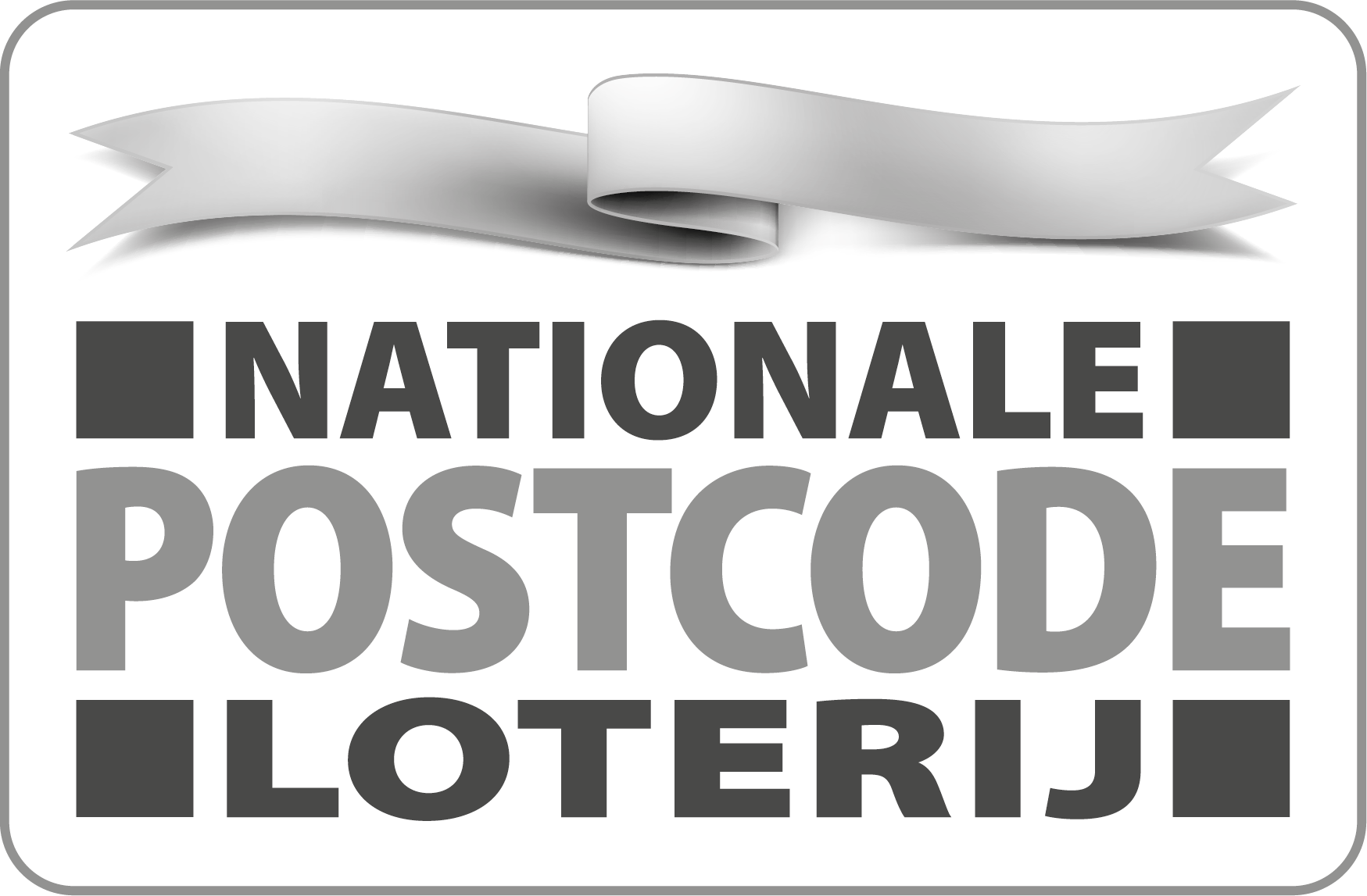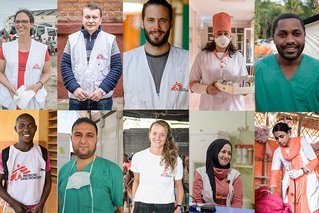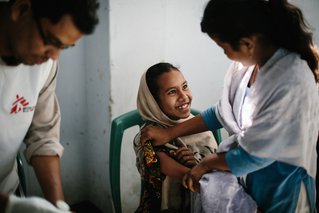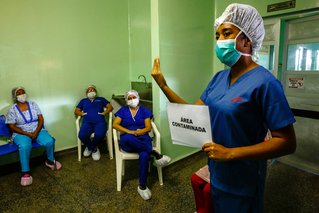Behave responsibly in every situation
Responsible behaviour means behaving respectfully towards patients, colleagues or people in the communities our staff work in; without discrimination based on race, opinions, lifestyle, gender, sexual orientation, social-economic status, descent, religion or other religious beliefs, and other discerning identity factors. It is important that our staff is aware that they are in a certain position of power when working for us in the field, and that they use this power responsibly. Furthermore, we emphasise that our staff conduct themselves with integrity and respect.
Advice and support
We offer our staff guidance, through trainings and workshops, on how to deal sensibly with specific situations and how to prevent undesirable situations. For example:
- In contexts where local laws or cultural practice run contrary to our MSF values and principles, (i.e. in a context where same-sex relationships are criminalised), we support team leaders to facilitate dialogues within teams focused on the importance of upholding the MSF principle of humanity – respect for the individual and equitable treatment of all colleagues and patients/caregivers, regardless of sexual orientation or other diversity characteristics. Staff are encouraged to keep this principle in mind as the starting point for all interactions with colleagues, patients and the communities where we work.
- In high-stress contexts, staff are encouraged to seek support from the Staff Health Unit at our headquarters in Amsterdam for psychosocial support in managing stress. Staff are given comprehensive information about the dangers of using alcohol as a coping mechanism and are proposed alternative ideas for stress management and self-care.
- In contexts where male/female interactions are restricted, we support our staff with comprehensive cultural briefings to ensure their understanding of appropriate behaviour in a particular context. Staff are encouraged to proactively communicate with individual colleagues about boundaries and what they find acceptable, and to respect these in their interactions with one another.
What is irresponsible behaviour?
Irresponsible behaviour is behaviour that has a (potentially) negative impact on the health or well-being of those involved, including on the safety and well-being of our patients or our staff. We have grouped irresponsible behaviour in the following categories:
- abuse of power (such as misuse of one’s position for the sake of personal gain)
- exploitation (including the use of sexual workers)
- alcohol abuse, drug abuse or abuse of other substances
- misuse of MSF property and/or MSF information
- discrimination
- psychological or physical abuse
- sexual intimidation
- sexual relationships with minors (under 18 year old).
Safe environment
Despite all our efforts to prevent misconduct, it can still occur. We focus on creating an environment in which people feel safe to bring up any suspicion or experience of misconduct, and to remind each other to stay alert to possible issues. Everyone can report a complaint in a confidential way, without having to fear their personal safety or their job, before or during their mission. Our complaints procedure is a part of our briefings, training courses and is stated in the staff manuals, to promote that our staff will always know where and to whom they can go if they have experienced or seen anything untoward. We take every report seriously and will follow up each report. We respect the wishes of the persons who submitted a complaint if they indicate that, for whatever reason, they do not desire the complaint to result in an investigation.
Reporting a complaint: to whom and how?
Staff can report to their line manager, the position higher in the line, or outside of the hierarchical structure via the Responsible Behaviour Unit. Staff can contact a Persons of Trust at the Amsterdam headquarters or in the mission where present in order to seek support to understand and navigate the integrity system. We also stimulate people in the communities where we work to report misconduct by MSF staff which they have experienced or have seen first-hand, to enable investigation and follow-up of allegations.
Responsible Behavior Unit
(Suspected) unethical behavior can be reported safely and in confidence to our Responsible Behavior Unit (RBU). The RBU-team follows up on all reports and is authorised to carry out investigations on its own initative or recommend an external investigation.
Our team at the Responsible Behavior Unit can be reached at rbu@amsterdam.msf.org.
Protection
Our first priority is the protection of the person who has brought forward that another person has overstepped the mark. We offer support as needed, including psychological and medical care, as well as securing potential legal assistance as necessary. Protection also means that all reports and personal details are treated with utmost confidentiality, and that we conduct investigations with necessary care to ascertain whether there is sufficient evidence to prove allegations of misbehaviour.
Complicating factors
We realise that, as in society at large, there are many factors that may prevent people from reporting misconduct: fear of not being believed, prevailing stigma, or fear of possible reprisals. These fears may be amplified in the particular contexts in which we work, such as conflict areas where there is a general lack of protection mechanisms for victims, a high level of violence and impunity, and where the population is highly dependent on external assistance. Achieving and maintaining a safe working environment is an ongoing endeavour, which is a joint effort.
A culture of openness
Openness and engaging in dialogue about irresponsible behaviour are vital. We have a responsibility towards our staff and patients to create a safe working environment and to address misconduct. Our number one priority, as a humanitarian medical organisation is - and always has been - to provide emergency medical aid to people in crisis areas.
Whistleblowing
Whistleblowing involves reporting any suspected wrongdoing, such as illegal activities, unethical practices, or suspicious behavior within the workplace. The MSF OCA Whistleblowing Policy provides clear procedures and mechanisms for reporting these concerns. Employees are both encouraged and expected to speak up, with the assurance that MSF OCA is committed to fostering a safe environment where reports can be made without fear of retaliation.
The Whistleblowing Policy also details the investigation process for reported concerns. If a concern or complaint falls outside the scope of the Whistleblowing Policy, guidance will be provided on how to address it through the appropriate channels. MSF OCA has set up specific reporting channels for incidents such as interpersonal misconduct, medical issues, data breaches, fraud, theft, bribery, and other matters.







